Do Tiny Homes Appreciate in Value
Estimated reading time: 5 minutes
Tiny homes have become a popular choice among those seeking a simpler lifestyle, driven by the tiny house movement and a desire for sustainable living. But an important question arises for potential buyers and investors: Do tiny homes appreciate in value the same way traditional homes do? The answer depends on several factors, including the tiny home’s location, construction quality, and market conditions.
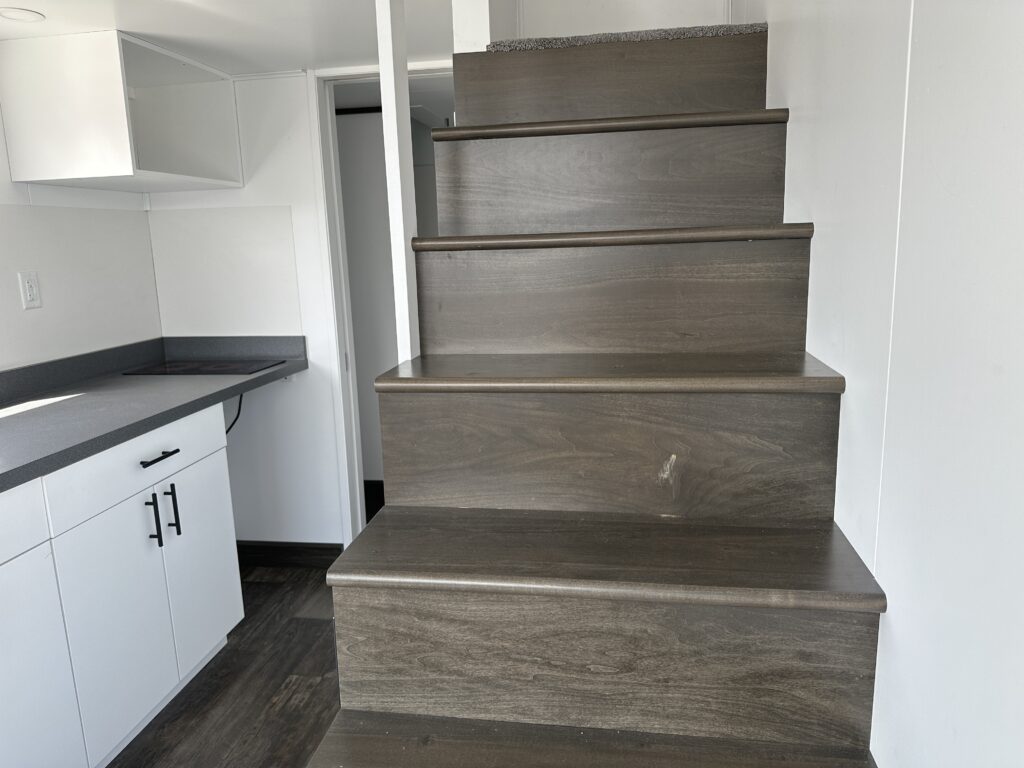
The Tiny House Movement and Market Trends
The tiny house movement has been gaining popularity, especially in Northern America, as more people seek a minimalist lifestyle and aim to reduce their carbon footprint. This growing trend has led to a significant time of interest in tiny homes, but how does this impact the tiny home market and resale value? Most tiny homes are built to be mobile, with some designed as accessory dwelling units (ADUs) on a permanent foundation. Tiny homes can appreciate in value, especially when located in areas with high demand for sustainable living options and smaller spaces.
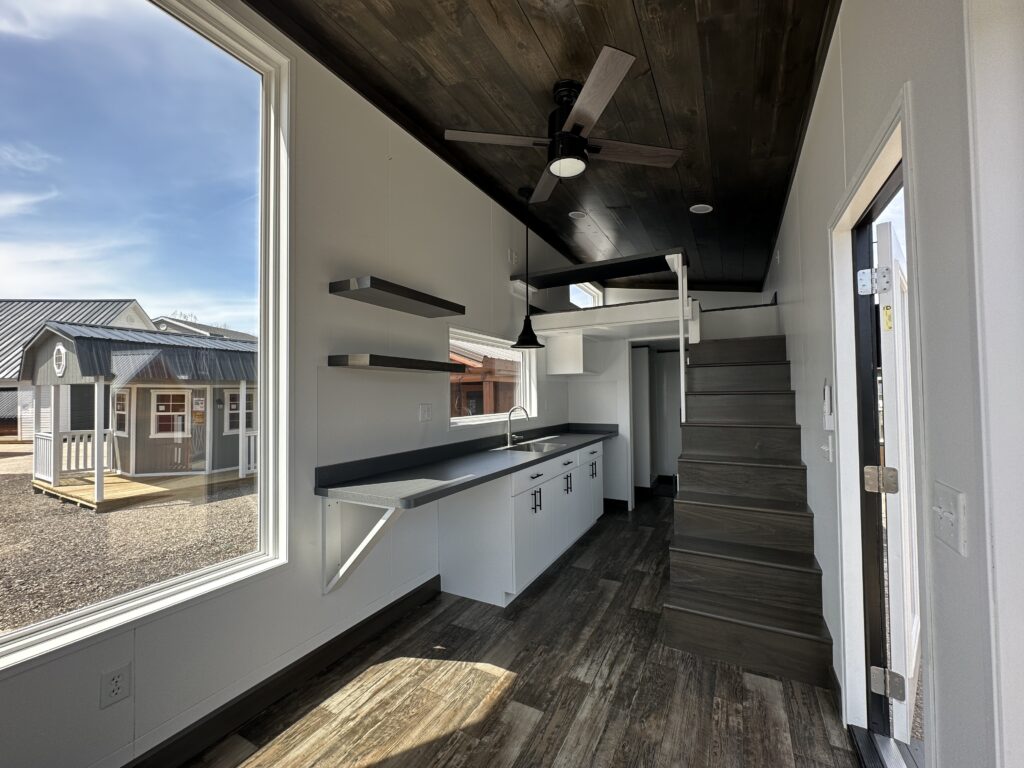
Comparing Tiny Homes and Traditional Homes
While traditional houses and conventional homes have long been seen as stable investments, many tiny homes are now being recognized for their unique benefits. Tiny homes, whether mobile or on a permanent foundation, offer a sustainable lifestyle with a smaller ecological footprint and lower utility bills. However, unlike traditional homes, tiny homes are often treated differently by banks, especially when it comes to financing options. Traditional mortgages may not be available for tiny houses, but personal loans or financing through companies like Rocket Mortgage could be an alternative.
Factors That Influence Appreciation
Several factors determine whether tiny homes appreciate in value. First, zoning laws and local regulations play a significant role. Many municipalities have specific building codes and zoning restrictions that can affect where a tiny home can be placed. Homes on a permanent foundation in areas with fewer zoning restrictions tend to appreciate more than mobile tiny homes or those on wheels. Additionally, land ownership can increase the value of a tiny home, as owning the property provides stability compared to renting land.
Another factor is the quality of construction. Just like traditional homes, well-built tiny houses with high-quality materials and energy-efficient features are more likely to hold or increase their value over time. Moreover, homes located in a tiny house community or on the same property as a traditional house often benefit from shared resources and increased market demand.
Tiny Home Costs and Sustainable Living
The tiny house cost can vary widely depending on size, location, and features. Tiny home costs are generally lower than those of traditional houses, allowing homeowners to save money initially. However, homeowners should consider the long-term costs, such as home insurance, maintenance, and potential upgrades. Investing in an eco-friendly and energy-efficient tiny home can reduce these costs and contribute to the home’s overall value.
A tiny home’s value also depends on the appeal of the sustainable lifestyle it offers. Many tiny homes are designed to be off-grid, further reducing their carbon footprint and increasing their attractiveness to buyers looking for sustainable living options. This appeal can lead to higher demand and, ultimately, appreciation in value.
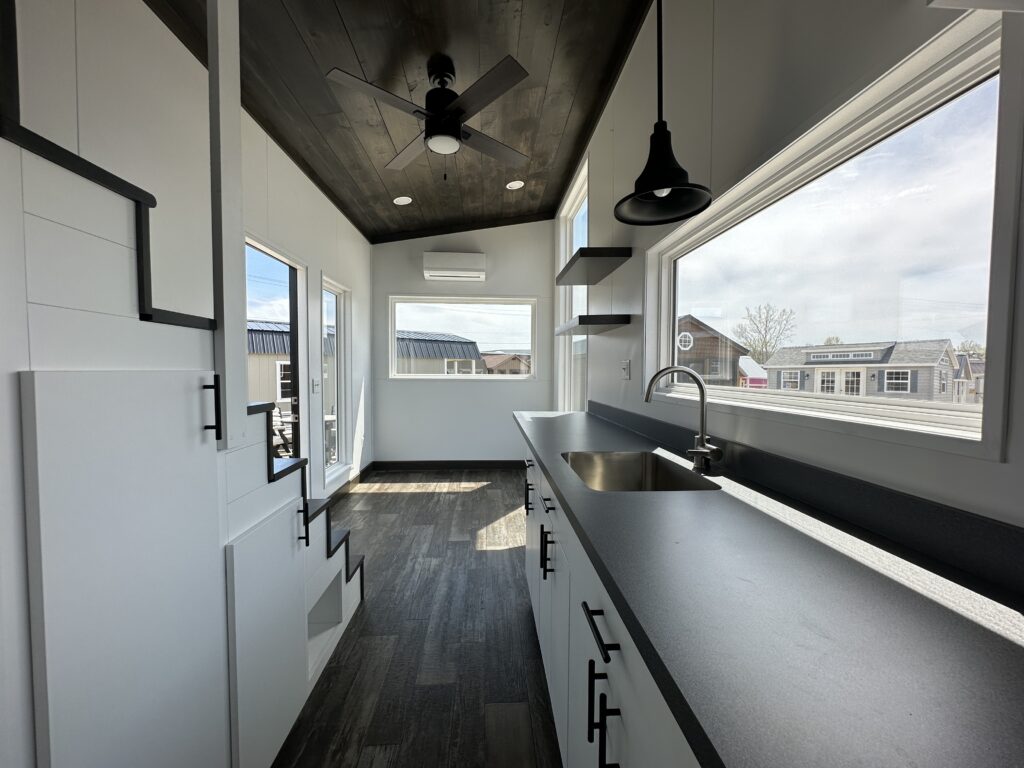
Modernizing for Market Appeal
To ensure that your tiny home appreciates in value, it’s essential to maintain and modernize it over time. Adding energy-efficient appliances, smart home technology, and sustainable materials can significantly boost your tiny home’s value. Regular maintenance, such as protecting the exterior and keeping the interior in pristine condition, can also enhance your home’s resale value.
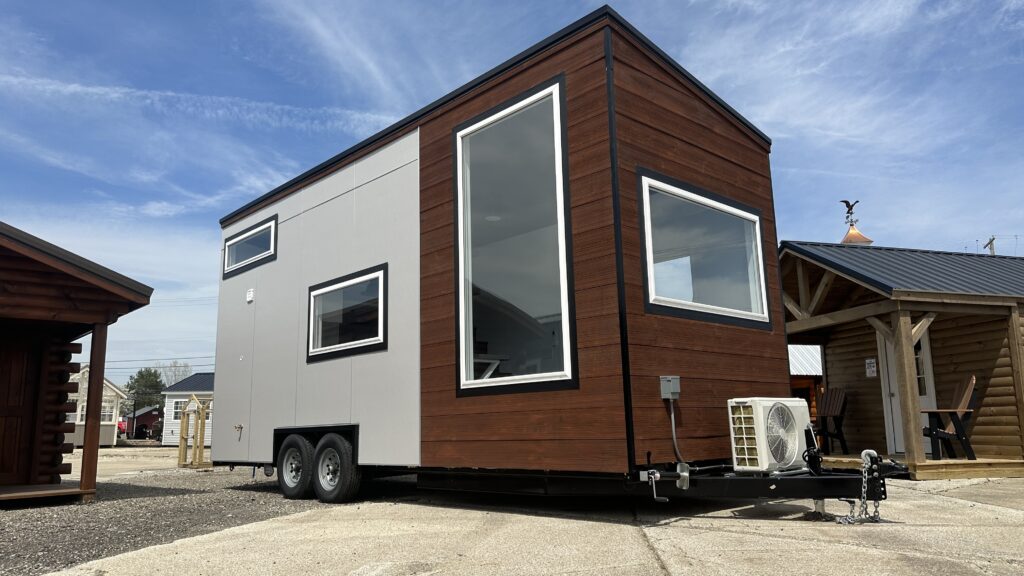
Understanding Market Conditions and Future Predictions
The future of the tiny home market looks promising, with more people embracing the simpler lifestyle and seeking alternatives to traditional homes. While many tiny homes are already gaining value, the overall appreciation potential will depend on ongoing market conditions, local regulations, and consumer demand. As this growing trend continues, those who invest in tiny homes—especially in desirable locations—can feel confident that their investment may appreciate over time.
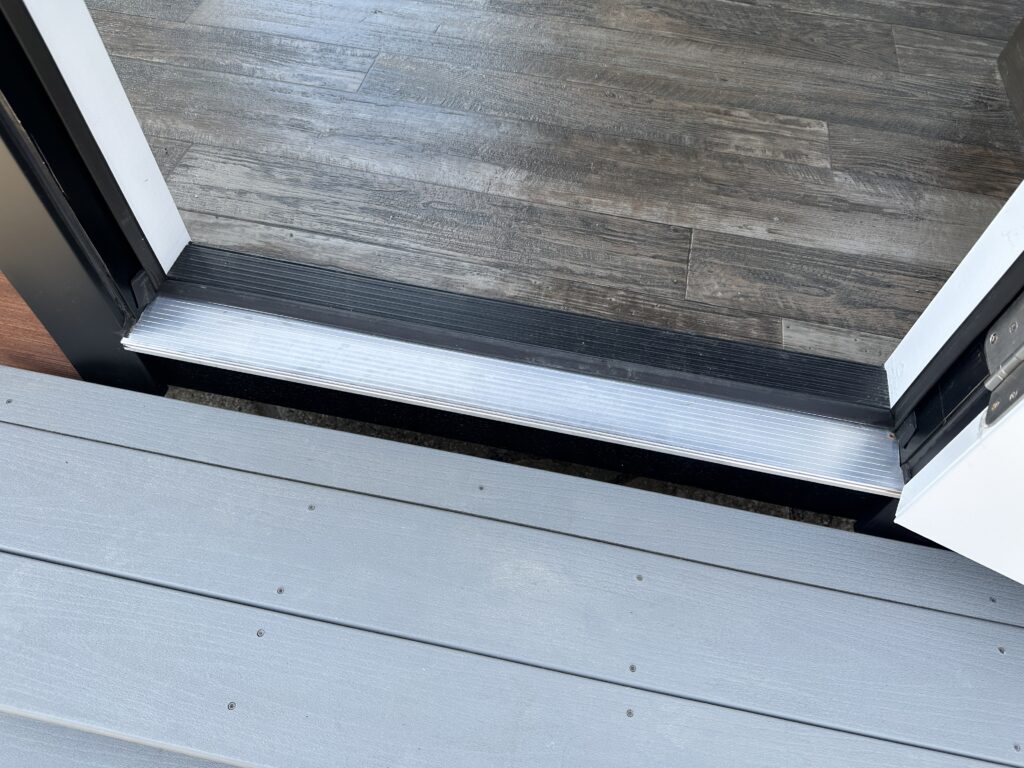
Conclusion
While tiny homes do not always appreciate in value in the same way as traditional houses, they offer a unique opportunity for those looking to invest in a sustainable, minimalist lifestyle. By considering factors such as location, quality, and ongoing maintenance, tiny homeowners can increase their chances of seeing their tiny home appreciate in value over time. As the market for tiny houses continues to evolve, so too does the potential for these innovative homes to become valuable assets in the real estate landscape.
